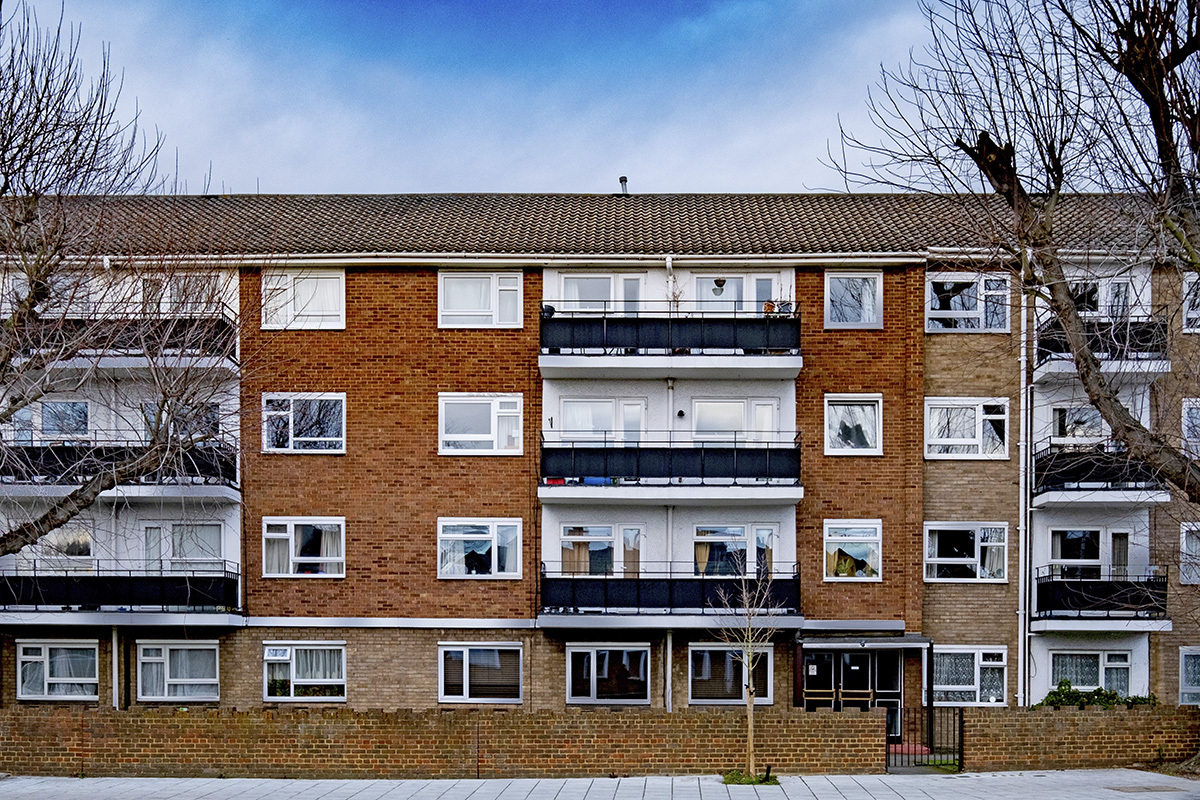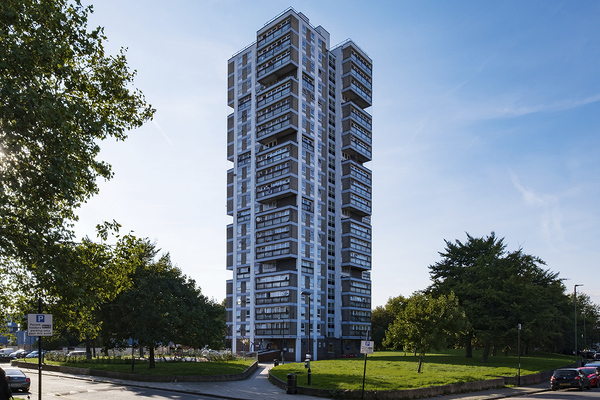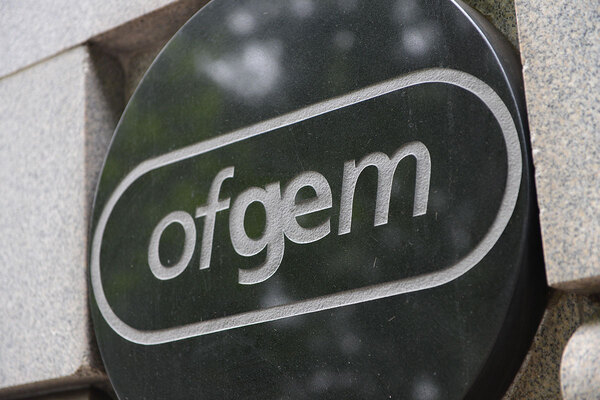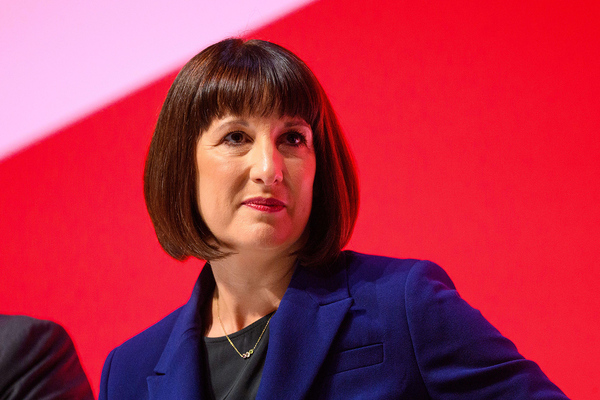You are viewing 1 of your 1 free articles
CIH calls for £17bn debt write-down to help councils invest in housing
The Chartered Institute of Housing (CIH) has called for a £17bn debt write-down to help councils invest in housing.

The housing body said central government should take on 61% of local authorities’ current housing debt to account for lost rental income and increased costs over recent years.
Taking debt out of councils’ hands would improve their spending power, allowing them to invest more of their rental income in maintaining existing homes and building new ones.
In a report published today with Savills, the CIH said that local authorities are currently unable to build and maintain their homes at the required scale because of “insufficient capacity” in their Housing Revenue Accounts (HRAs).
A 2012 self-financing debt settlement was intended to leave HRAs on a sound footing, but it has been “eroded by subsequent events and policy interventions”, the report found.
This settlement set the level of debt held to be sustainable for each local authority. However, the levels set did not take account of the loss of income resulting from the “revitalised” Right to Buy, also launched in 2012 by the government, which hiked the discounts given to tenants who bought their council home.
In addition, higher inflation, the cost of living crisis and pressures following the COVID-19 pandemic mean that “significant additional costs” are now required to maintain council homes.
According to the Regulator of Social Housing, headline social housing costs per unit increased by 14% to £4,586 in 2022-23, largely driven by rising material costs and building safety obligations.
Other new obligations on council homes introduced since 2012 include Awaab’s Law and the English regulator’s revised consumer standards. Meanwhile, government-imposed social rent caps have resulted in a real-terms HRA income reduction of 17% compared to 2015-16 levels.
One solution suggested by the report was to bring in a new version of the revenue subsidy system that applied before 2012. However, this would restore central government control over HRAs, which the settlement was intended to end.
Instead, the report recommended that government should adjust the existing settlement to account for these rent and policy changes since 2012.
The report proposed slashing the original settlement’s total debt of £29.2bn to £11.3bn. It would represent a debt write-down of £17.4bn, or a 61% reduction in debt compared to the 2012 settlement.
Among other revisions, debt would fall by £10.2bn after the real-terms reduction in rents from 2016-24 was cut out. A further £4.5bn could be written off from the settlement to take account of the cost of meeting higher energy efficiency standards and building safety requirements.
The CIH acknowledged that its plan would lead to a transfer of debt from local to central government, which would be a cost to the taxpayer.
However, the report noted that councils’ spending power would be improved from having to use less rental income to sustain debt. They are likely to direct this into capital investment or repairs, which would generate income for government via income tax and VAT.
“A new settlement would be not unlike the fiscal effects of the scrapping of the HRA borrowing caps in 2018,” the report said, which was estimated by the Office of Budget Responsibility to add up to £1.2bn to capital spending by 2023-24.
Gavin Smart, chief executive of the CIH, said: “We are living in a very different place than the one we were in 2012 when the government first outlined their plans for a debt settlement.
“It is vital that all government decisions are made with the most up-to-date information possible, especially when local councils are struggling so much against spiralling debts.
“Unlocking new funding to reduce council debt will enable councils to provide new homes and to bring the properties they currently have up to the standards people deserve.”
The Ministry of Housing, Communities and Local Government was approached for a response to the report.
This ask from the CIH comes ahead of the King’s Speech on Wednesday, which is expected to include a raft of changes for the sector, including promises to immediately abolish Section 21 no-fault evictions and set out plans to “turbocharge housebuilding”.
Sign up for our development and finance newsletter
Already have an account? Click here to manage your newsletters











